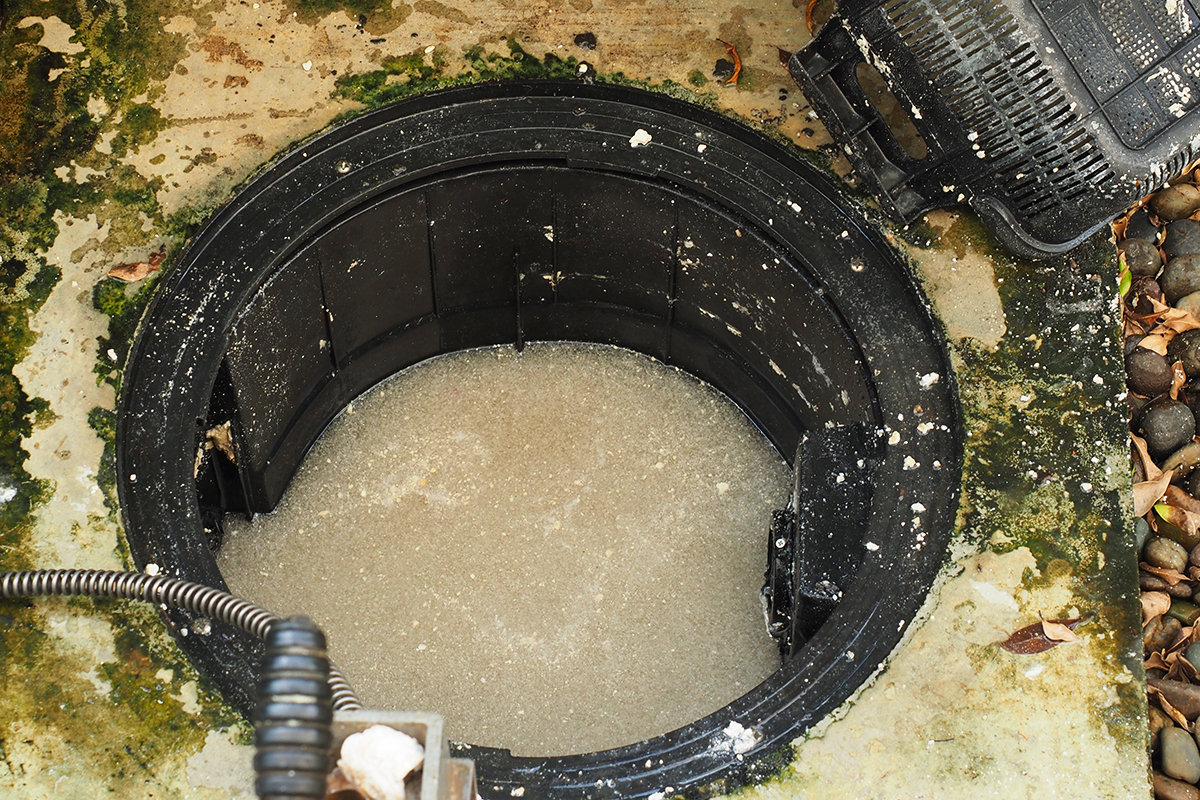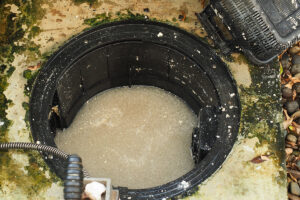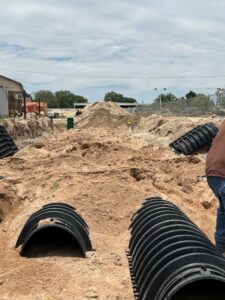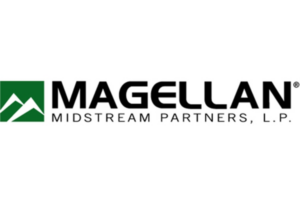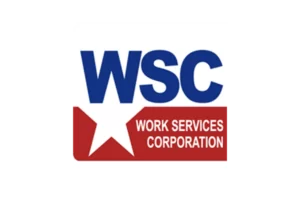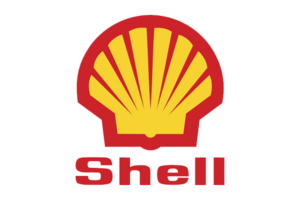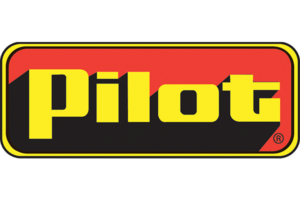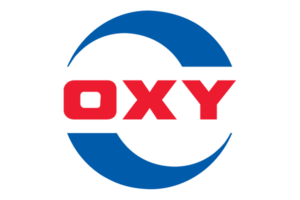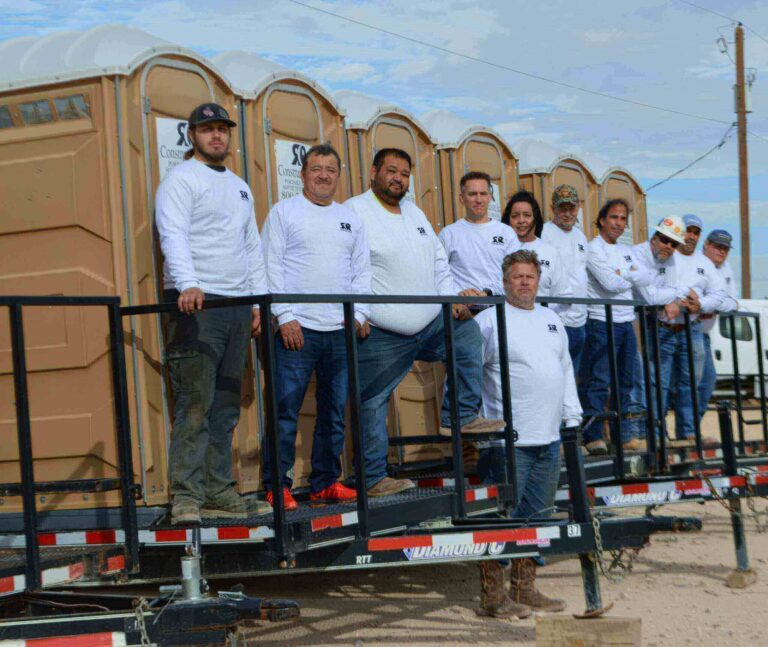Septic tank overload can cause major plumbing issues or even complete system failure down the line. However, some household remedies can come in handy to help prevent the septic tank from overloading.
Regular septic tank cleaning, pumping, repair, and inspection are a good start, but here are some other clever hacks for optimal septic tank functioning.
Water Conservation
By adopting some simple water conservation practices, you can prevent overload, extend the life of your septic system, and save a few bucks at the same time! Some tips you can follow include,
- Do one load of laundry daily instead of different loads in one day, which reduces the amount of water entering the septic system simultaneously. Adjust the water level to match the quantity of the clothes being washed.
- Furthermore, expert septic companies like R&R Waste and Septic recommend only running the dishwasher when there’s a full load.
- Use the garbage disposal sparingly, as these disposers require excessive water to run properly.
- Fix leaky faucets, running taps, and toilets to reduce the amount of water entering your septic system. Studies show that leaks account for more than 10% of the household water consumed. Leakage prevention goes a long way in preventing septic tank overflow.
- Don’t connect sump pumps to the septic system. This operation will prevent water that does not require treatment from entering the septic system.
- When washing dishes, use one bowl and fill another with rinse water. If using a single bowl, wash and stack dishes in a drainer, then rinse them with a sprayer.
- Don’t run the dishwasher or the washer, and take a shower simultaneously to reduce overfilling the system with water at one time.
- Don’t water the grass over or surrounding the leach field. The field gets enough water from household activities and doesn’t need additional water from lawn watering.
Install Efficient Appliances
Upgrading to water-efficient fixtures can have a remarkable impact on your water usage. Install low-flow toilets, efficient showerheads, and aerated faucets to reduce the amount of water flowing through your plumbing system. These fixtures are designed to maintain adequate water pressure while mitigating water wastage, ultimately easing the strain on your residential or commercial septic system and reducing the frequency of septic tank pumping, cleaning, and repair.
Regular Septic Tank Pumping
Leading emergency septic tank pumping experts recommend scheduling regular septic tank pumping every 3 to 5 years, depending on your household size and the condition of the tank. Routine pumping removes the accumulated solids and prevents them from reaching the level where they could clog the drain field or lead to backups.
As the septic tanks are hydraulic containers and are always full, they can show signs of overflow or malfunction. To prevent this, schedule a regular septic system inspection by a credible provider like R & R Waste and Septic Services.
Be Careful of What You Flush
One of the most common reasons for septic tank overflows is the flushing of detrimental materials to the septic system.
Septic tanks are full of microorganisms that help break down the solids flushed into the tank. However, certain materials will kill these microorganisms. Without this solid waste being dealt with, your tank will fill prematurely.
Some items that should never enter septic tank systems include,
- Feminine hygiene products
- Harsh household cleaners or chemicals (bleach, etc.)
- Nappies
- Medicines
- Coffee grounds
- Cat litter
- Plastics
- Dryer sheets
- Paper towels
- Grease, fats, and oils.
Avoid Parking
Don’t park heavy cars, trucks, or any other vehicle above or near your septic system. Any weight could compact the soil and damage the system. This can hinder drainage and harm the pipes. Your system will overflow if there isn’t enough drainage.
Keep An Eye on Tree Roots
If you have a few plants or trees close to your septic area, this could also present a dire problem. By their primary nature, roots seek water and are known for reaching through drain pipes. These tree roots can cause absolute carnage to your septic tank system, leading to costly repairs.
Keep trees and deep-rooted landscaping at least thirty feet from your septic system. Also, refrain from planting any new ones near your septic tank.
Don’t Use Garbage Disposal
While the convenient garbage disposal can be a handy tool in the kitchen, it’s not septic-safe! If you’re using a garbage disposal, all of the food waste(including fats, oils, and grease) from your kitchen goes right down the drain and into your septic tank. This functioning can cause serious problems for your septic system, so it’s best to avoid using garbage disposal altogether.
Pro Tip: If you’re facing trouble getting rid of food waste or grease without garbage disposal, try freezing or composting the waste until you can properly dispose of it. Freezing food waste also works well. Just make sure to thaw it before sending it down the drain!
Landscaping Considerations
Your outdoor water usage management can also impact your septic system. When planning your landscaping, choose native plants that need less water. Expert septic tank pumping specialists suggest avoiding overwatering your lawn and considering using mulch to retain soil moisture.
The impact of excessive water usage in landscaping can contribute to septic system overload by saturating the leach field and inhibiting proper wastewater treatment.
Follow Local Guidelines
To prevent overflow, strictly adhere to local guidelines regarding septic tank maintenance, inspection frequency, system efficiency, and capacity. Top wastewater management experts suggest following recommendations for pumping intervals and avoiding overfilling the tank with excessive water usage. Furthermore, compliance with local regulations ensures effective and sustainable wastewater treatment and reduces the risk of flooding and environmental contamination.
Final Takeaway
RR Waste & Septic has provided essential rental services to customers in West Texas for over 40 years. We’re a septic service company that provides a broad range of services. We can design, build, troubleshoot, service, and pump your septic tank and system to your unique specifications.
Servicing in Midland, Odessa, Andrews, Monahans, Fort Stockton, Pecos, Alpine, Crane, Kermit, Mentone, and Coyanosa, we’re happy to offer industry-leading, reliable services for waste removal.
Contact us at (432) 943 7828 to schedule an appointment with our team today.

